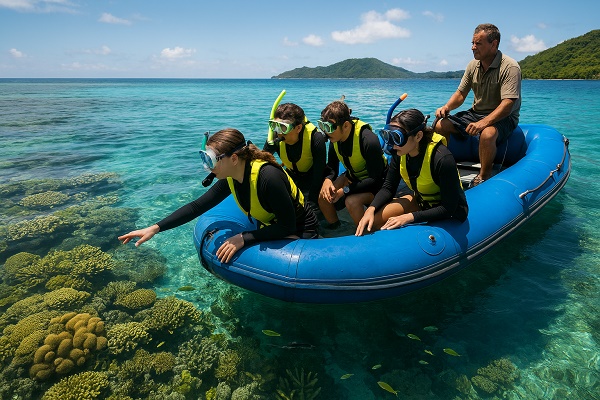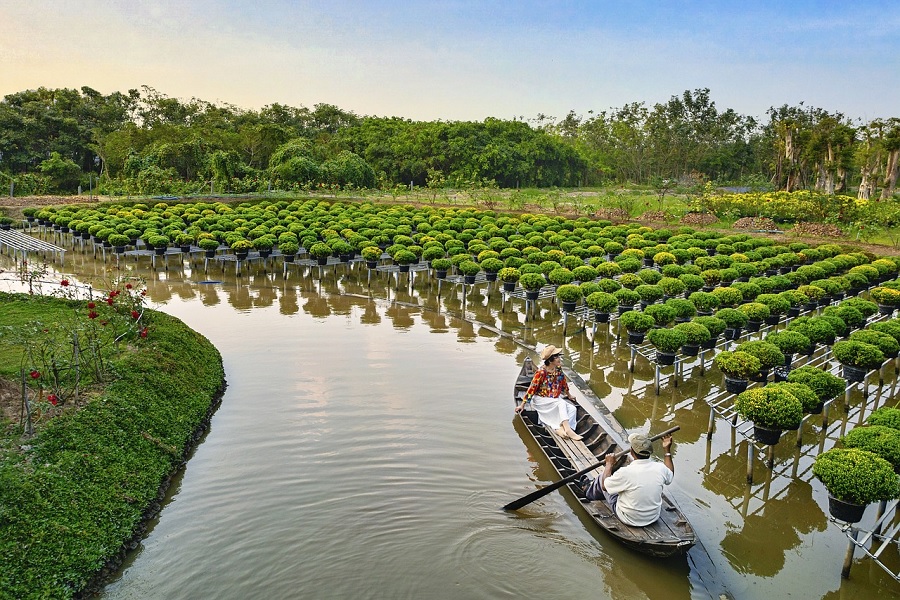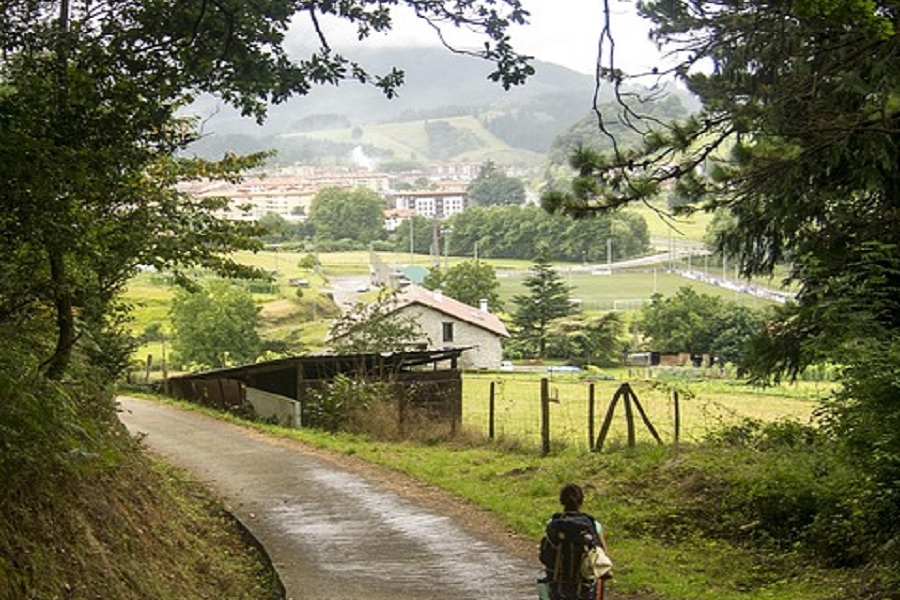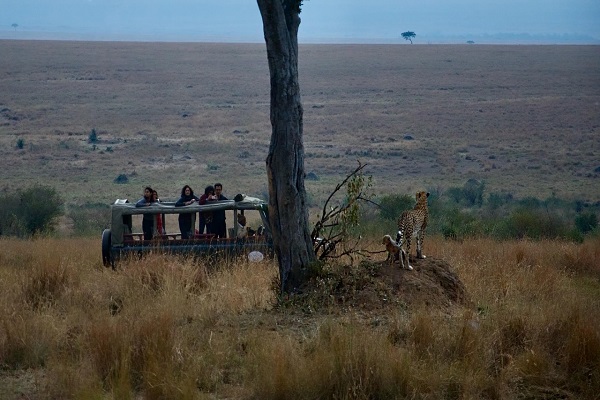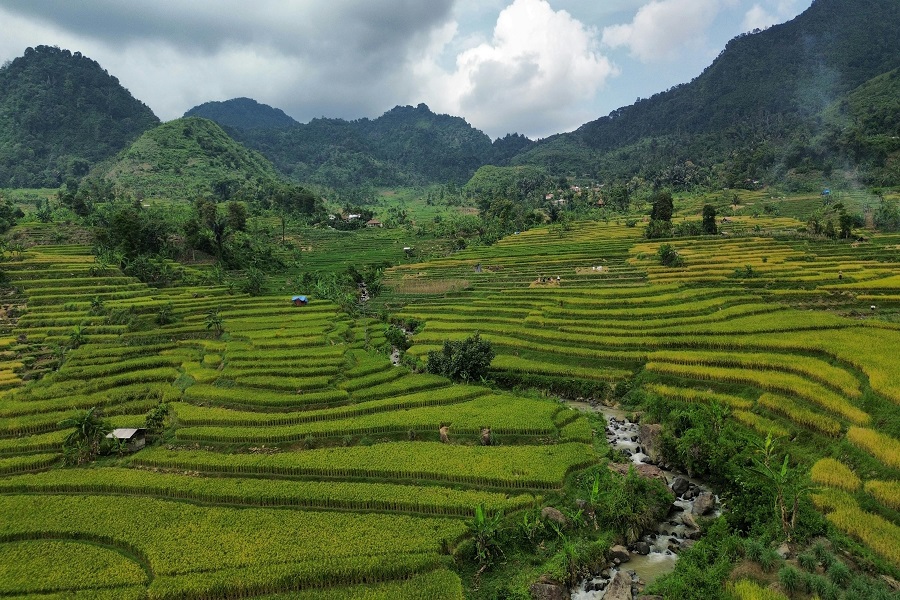Ecotourism: Where Nature Leads the Journey

In the heart of an unspoiled savannah, bathed in the golden hues of a rising sun, an antelope gracefully leaps across a dirt path—this stunning image is more than a photograph; it’s a symbol of ecotourism in its purest form.
Ecotourism invites us to journey beyond the typical tourist trail and into the soul of nature. It is travel with intention—an opportunity to witness Earth’s wonders without disturbing its delicate balance.
What This Image Tells Us
The scene depicted is raw and real. No fences, no roads, no human noise—just open skies, vast land, and wild freedom. The tire tracks remind us of our presence in these environments, but also our responsibility: to tread lightly, observe respectfully, and protect endlessly.
The leaping antelope embodies the very spirit of the wild—agile, free, and untouched by the rush of human life. Its effortless grace against the backdrop of golden plains inspires awe and humility.
Why Ecotourism Matters
As environmental concerns deepen, ecotourism stands as a bridge between conservation and exploration. It allows travelers to:
Experience pristine ecosystems and rare wildlife
Support local communities through sustainable tourism
Promote biodiversity and environmental education
Encourage minimal-impact travel habits
Activities That Reflect Ecotourism:
Wildlife safaris in Africa guided by conservation experts
Birdwatching and nature photography in protected reserves
Volunteering in reforestation or animal rescue programs
Staying in eco-lodges powered by renewable energy
Top Ecotourism Destinations Around the World:
Masai Mara, Kenya – For witnessing the Great Migration and iconic African wildlife
Amazon Rainforest, Brazil/Peru – To explore the planet’s richest biodiversity
Costa Rica – A pioneer in eco-conscious tourism and wildlife reserves
Ladakh, India – Where high-altitude nature meets traditional, sustainable culture



















